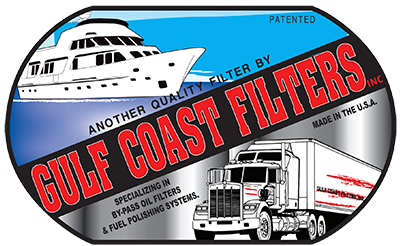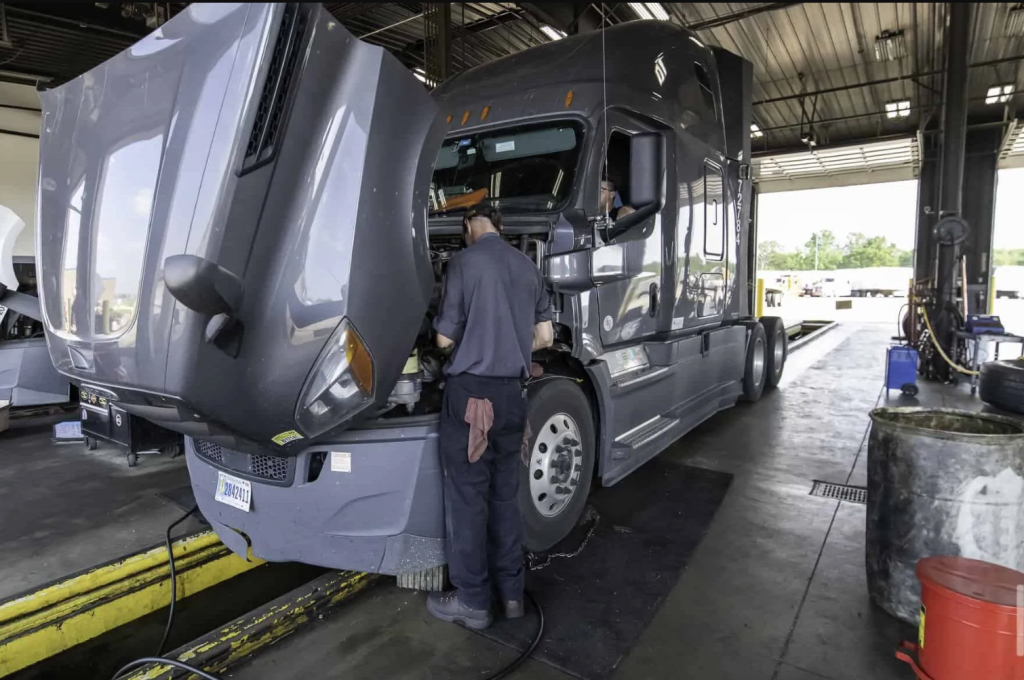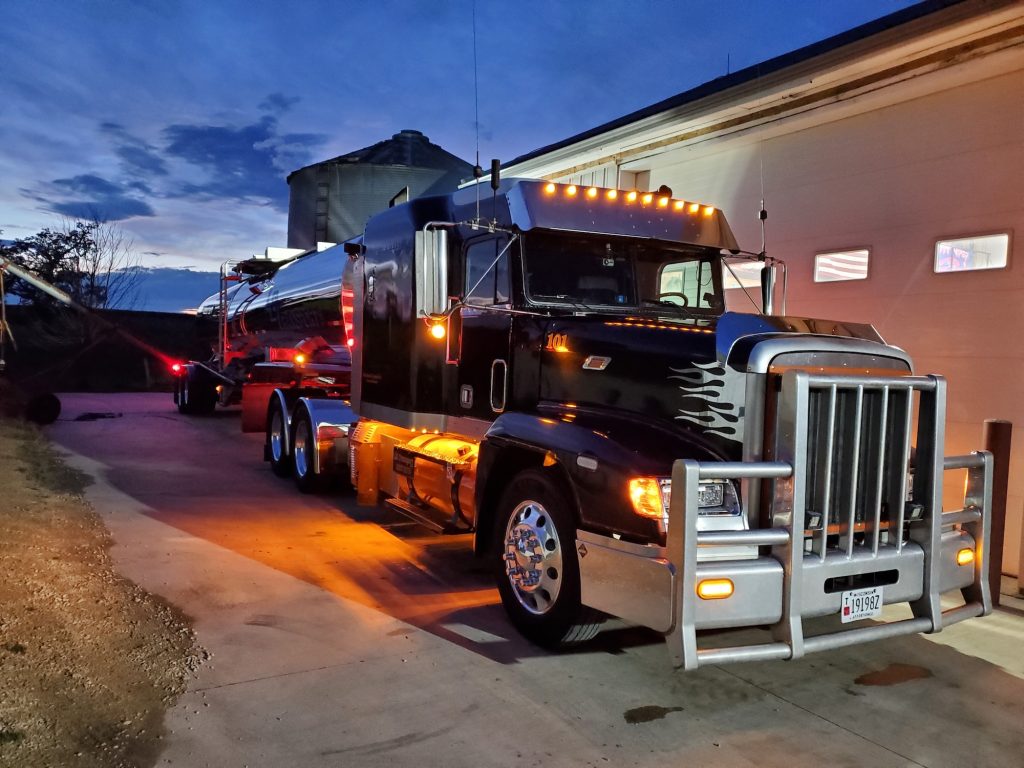By-Pass Oil Filters
WHY SHOULD ENGINE OIL BE CHANGED?
POINTS TO CONSIDER
According to the American Petroleum Institute (API) Publication #1507, page 13, engine oil should be changed before additive depletion and oil contamination can begin to affect engine performance and life.
Manufacturers recommend changing oil at varying intervals, because of the different driving conditions and habits of individuals. According to API, the way most drivers drive, no driver should go the maximum limits allowed by the engine maker.
Today all engines are equipped with full-flow filters designed to screen out large abrasive particles that can damage the engine. The full-flow filter is not designed to clean oil, clean engines, or control engine wear.


